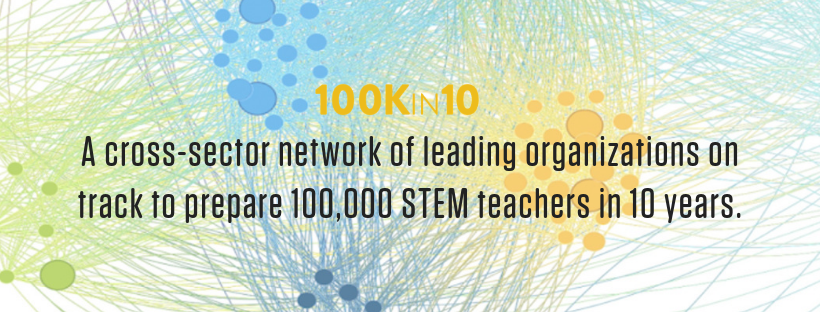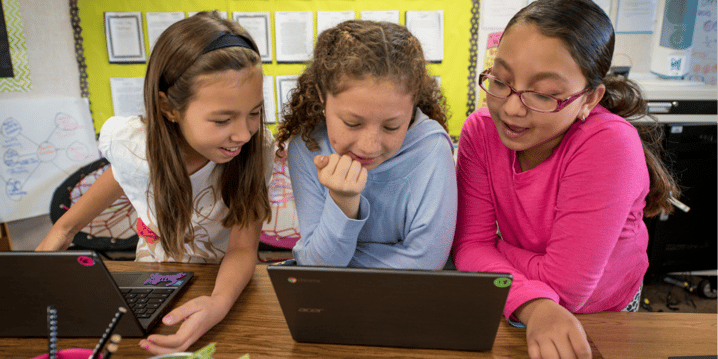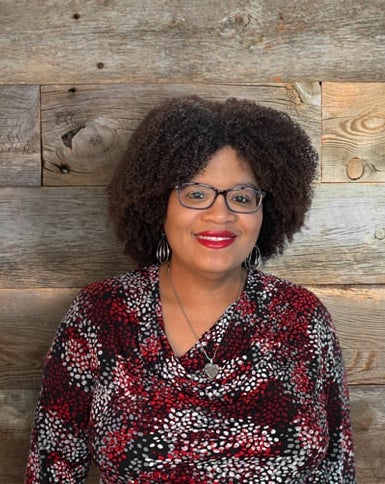
At MIND Research Institute, we believe every student has the potential to deeply understand and truly love math. We believe that all students deserve equitable access to high-quality educational content and dynamic learning experiences. And we believe that teachers, administrators, families, and communities are part of a student’s learning ecosystem, and we work to support that holistic system.

That’s why MIND joined forces with 100Kin10, an organization that is working to prepare, support, and retain excellent STEM teachers in the United States. We are excited to be part of this group of over 300 leading academic institutions, non-profits, foundations, companies, and government agencies. Together, we are mobilizing a national effort to prepare 100,000 STEM teachers by 2021.
Earlier this year, 100Kin10 launched its Foundational Math Brain Trust, made up of thirty-six educators from around the country. I am delighted to represent MIND as a member of this Foundational Math Brain Trust. Our work was guided by the question, “How might we equip elementary (Pre-K-grade 5) teachers to enable authentic and joyful math learning for all students?” As a group, we worked to uncover strategies that will help create a more coherent and connected math experience in our nation’s elementary schools.
It is not unusual to hear someone say that they “aren’t a math person.” We know that attitudes about math and self-perceptions about natural math ability can have a tremendous impact on learning. It is important for elementary educators to be adequately prepared to teach mathematics and foster a growth mindset among their students.
Building up teachers’ skills and comfort with math will lead to higher student engagement, as well as a greater love and respect for math—both in school and in life. It is also important to get parents involved and give them the tools they need to support their children.

The latest report from 100Kin10, “Doing the Math: Building a foundation of joyful and authentic math learning for all students,” tackles the question of how to bring joy and authenticity to mathematics education by looking at the highest-leverage places for change.
“Developing a shared understanding of what math learning should look like and accomplish among all the players in the ecosystem—including preparation programs, school communities, policy makers, and professional development providers—has the power to dramatically shift how teachers and students experience math in elementary schools.” - 100Kin10 Doing the Math report, p. 72
The report offers research, analysis, and recommendations for supporting:
Karin Wu, Executive Vice President/Executive Director, Social Impact, here at MIND Research Institute shared the following about our partnership with 100Kin10.
“100Kin10 has an exciting mission and we are thrilled to be among the community of partners for this effort! As a non-profit social impact organization, MIND is focused on investigating key questions about learning, mathematics, and how the brain works. We work to create unique and effective learning environments for students and teachers, both inside and outside of the classroom.”
“In support of our partnership with 100Kin10, MIND has pledged to increase our instructional resources and job-embedded professional development offerings, as well as PD offerings aimed at empowering STEM leadership and teachers.”
100Kin10 has an exciting mission and we are thrilled to be among the community of partners for this effort! As a non-profit social impact organization, MIND is focused on investigating key questions about learning, mathematics, and how the brain works.
- Karin Wu, Executive Vice President/Executive Director, Social Impact,
MIND is proud to partner with 100Kin10 as we continue to focus on improving math education. Follow our blog to receive updates on our work including strategies, ideas, and math resources. Remember that math is from everywhere, in everything, and for everyone!
Further reading:

Twana is Vice President of Curriculum and Instruction at MIND Research Institute. Follow her on Twitter @TwanaYoung.
Comment